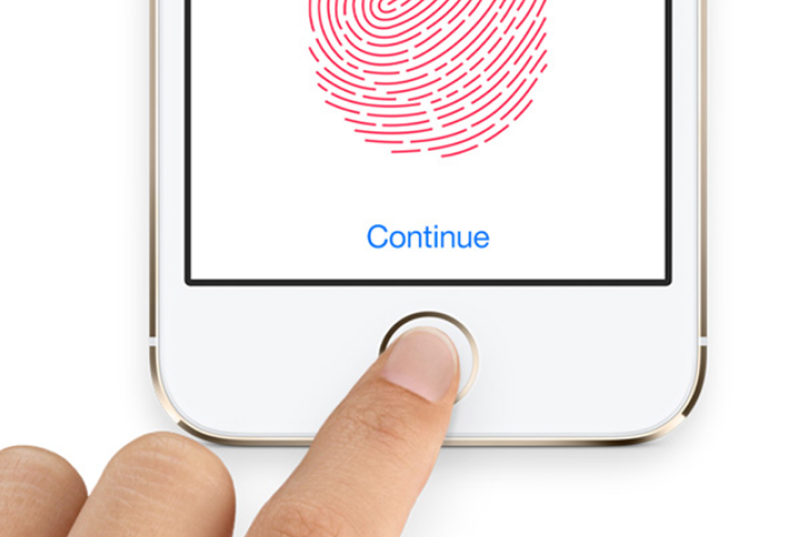
Biometric security is poised to have a breakout year, driven largely by cheaper, more sophisticated sensors and a global user market that is experiencing massive password fatigue. But as big technology players such as Apple and Intel continue to refine their fingerprint or facial recognition security tools, they could see a significant challenge from a host of smaller companies who are focused on bringing major innovation to the biometric space.
Last month, Intel unveiled a new password manager app called True Key that takes a smartphone (or webcam) photo of your face and applies it to the security controls on your device. This means no more passwords, but your image had better match up.
Facial recognition has been viewed as a natural alternative towards greater security from a fingerprint scan. Using your fingerprint as a password control gained a great deal of interest and credibility in 2013 when Apple first announced that TouchID would be integrated into their new generation of iPhones (5S, 6 and 6Plus).
But the fingerprint scanning revolution began to lose steam when TouchID was found to be more easily vulnerable to hacking within days of its initial release. As recently as last December, a group of "ethical" German hackers delivered research at a conference in Hamburg showing how they successfully lifted the fingerprint of the country's defense minister by simply using published photographs of her hands.
Apple has heard the criticism. A story published this week in an Apple intelligence blog disclosed that the company will increase shipments of its TouchID fingerprint sensors by 77%, increasing speculation that the next iPhone will have a vastly upgraded module.
There is a subset of companies who have been working to refine the technology behind fingerprint scanning that would make it more secure. One of these is Sonavation who recently introduced a palm-sized portable fingerprint scanner that obtains 3D images of users' fingerprints using ultrasound. The scanner takes 3D images of finger details, right down to the pores, thereby making it infinitely more secure.
Despite such advances, perceived vulnerability of fingerprint scanning has led to the growth of a cottage industry where various firms have developed new technologies that would eliminate the need for passwords and still provide a reliable level of device security. One of these is Nuance Communications, who has taken its Dragon speech recognition platform and placed it inside the car.
Dragon Drive uses voice biometrics to identify who is behind the wheel and then provides the interface between driver and console controls, handling everything from preferred music to navigation routes. Nuance has an extended affiliation with Toyota and Lexus vehicles.
"The last year has been a validation that customers are replacing passwords with voice authentication," says Brett Beranek, Nuance's executive responsible for marketing of voice biometric solutions.
Another company that is aggressively pursuing voice biometric technology is Spain-based AGNITiO. Their Voice ID products have been extensively used by police, intelligence, military and other government organizations to identify criminals and provide evidence in court.
AGNITiO recently released an enhancement to their voice engine which uses free phrase or natural speech in any language to unlock devices. The company sees their technology as an important component for the rapidly evolving Internet of Things (IoT) where an increasing number of connected products will require security for access.
A different approach to biometrics is being offered by Sensory, a company that has specialized in consumer speech and voice technologies since 1994. In January, the company released a new Android app that combines both facial and voice authentication into one product.
Called AppLock (now available in the Google Play store), the tool lets the user secure a mobile device using the camera to recognize their face or the microphone to hear a pre-set password. Sensory's TrulySecure technology gives users a higher security setting that, when combined with both facial and voice recognition, makes it virtually impossible to hack.
"Consumers generally find it cumbersome to use PINs or passwords to lock their phones, and as a result these devices go unlocked," says Todd Mozer, CEO of Sensory. "Our biometric authentication provides a high level of security, while still being convenient enough that people will actually use it."
Motivating consumers to actually use biometric security tools has been one of the industry's biggest roadblocks. With the arrival of new products on the security market this year, this may soon change as technology reaches the point where our personal devices know us really, really well.







